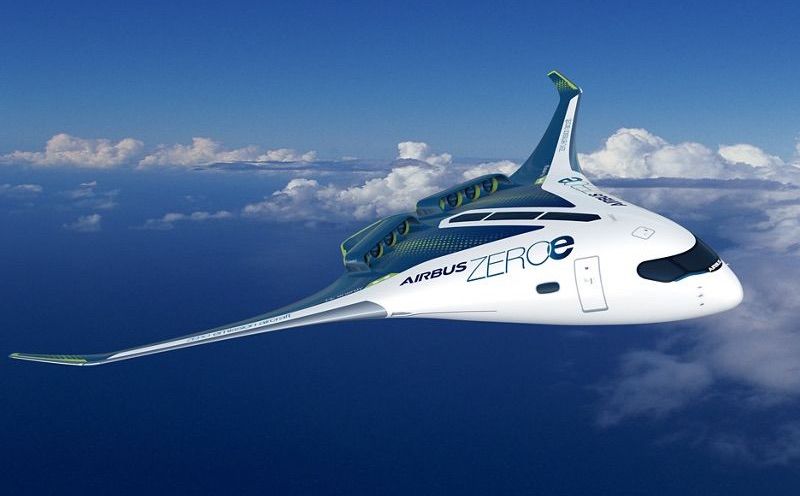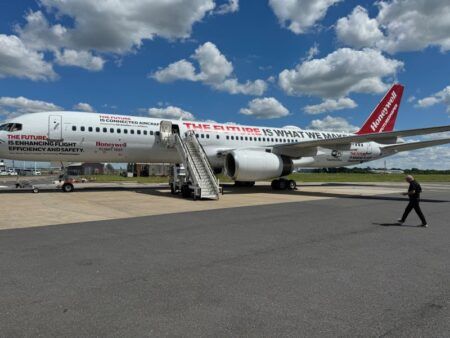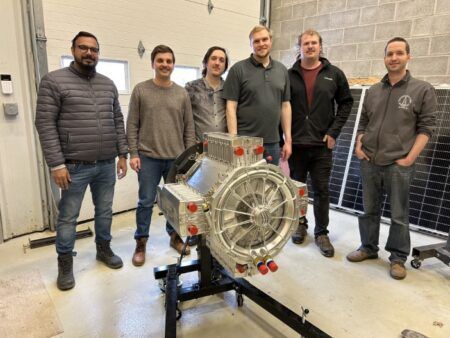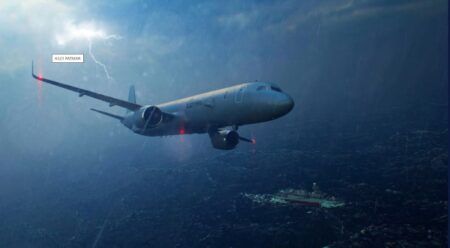Airbus has pushed back its 2035 target to fly hydrogen-powered commercial aircraft and is scrapping plans to test hydrogen propulsion systems on a modified A380 test aircraft.
According to reports, the European aircraft manufacturer blamed slower-than-anticipated technological advancements and the need for a comprehensive hydrogen ecosystem as the main reasons for the postponement and cut backs.
Airbus announced its ZEROe hydrogen program in 2020, revealing three concepts including a blended-wing body (BWB) aircraft that it said could transport up to 200 passengers – no BWB aircraft has ever reached market. Twoy ears later Airbus announced flight testing of different types of hydrogen propulsion systems and fuel storage systems would be done on a modified-A380.
Airbus said in a statement: “Hydrogen has the potential to be a transformative energy source for aviation.
“However, we recognize that developing a hydrogen ecosystem – including infrastructure, production, distribution and regulatory frameworks – is a huge challenge requiring global collaboration and investment.”
News of the delays first emerged from Force Ouvriere last week. The French trade union French news agency AFP staff had been told technology development was running too slow, that budgets would be cut on hydrogen research by 25% and that the flight testing program using the A380 would be shut down.
The delays and cuts are a blow to Airbus’ plans to become a world leader in zero-emissions hydrogen aircraft. Meanwhil, the aviation industry is increasingly focusing on Sustainable Aviation Fuel (SAF) to achieve net-zero emissions by 2050. However, limited availability and higher costs of SAF present ongoing challenges.





